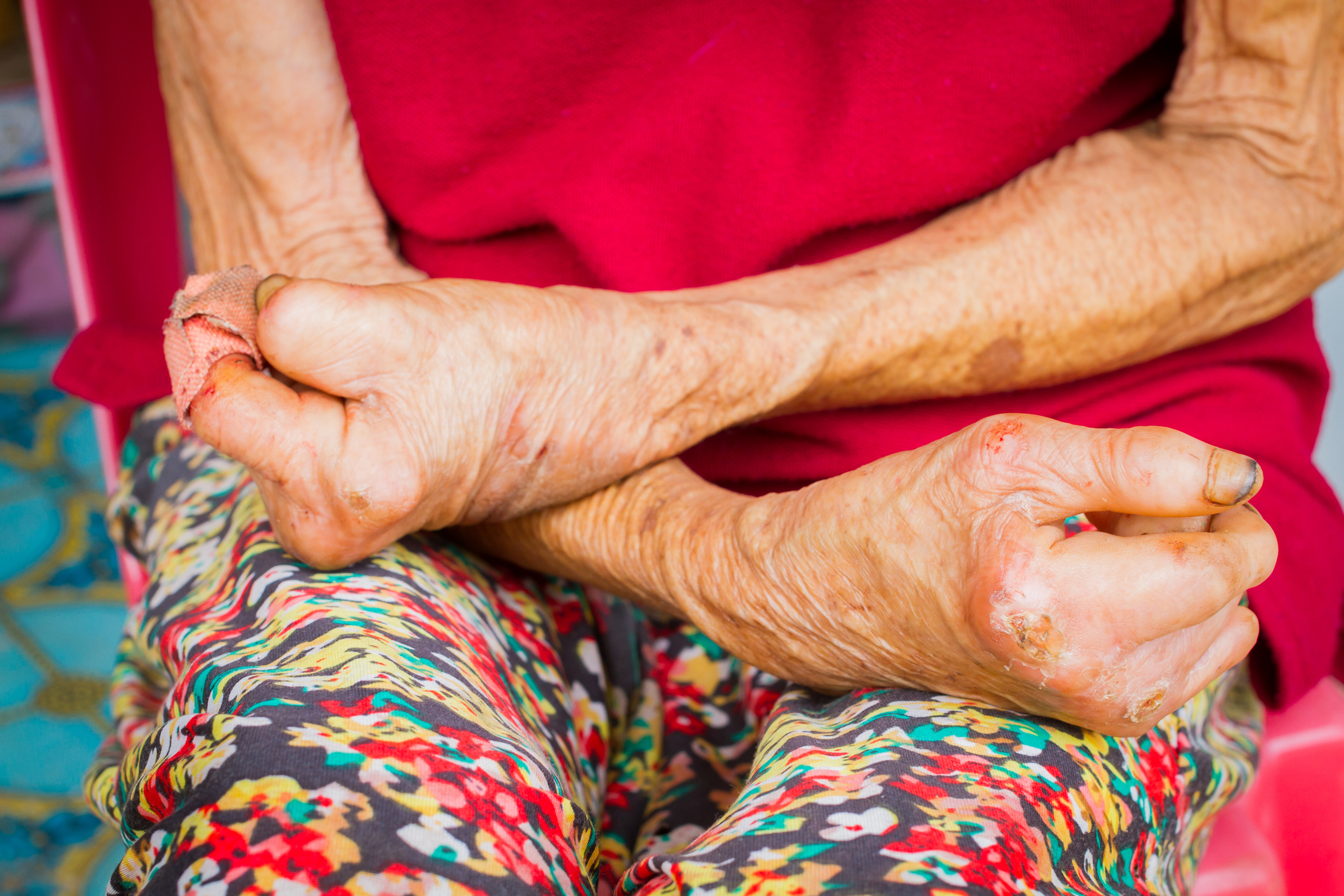2025-08-27
Traveling to rebuild oneself
Psychiatry
By Ana Espino | Published on August 27, 2025 | 2 min read
#ChronicMentalDisorders #Rehabilitation #Travel #MentalHealth
Chronic mental disorders—such as schizophrenia, bipolar disorder, or borderline personality disorder—have a profound and lasting impact on quality of life, social integration, and the ability to participate fully in community life. They are often accompanied by social isolation, highly structured daily routines, and limited resources to access enriching experiences. Traditional psychiatric rehabilitation approaches focus primarily on medical treatment, symptom management, and clinical stabilization, often at the expense of social or cultural activities that could promote personal fulfillment.
Travel remains largely overlooked in mental health care, even though it is, for most people, a major source of well-being and social connection. For psychiatric patients, however, tailored vacation opportunities are rare, hindered by a lack of specialized offers, fears of disrupting a fragile care balance, and anxiety about unforeseen events. Caregivers worry about symptom aggravation, while patients fear judgment from others and the absence of adequate support during trips.
Against this backdrop, this study explored organized holiday trips for individuals with chronic psychiatric disorders, focusing on the possibility of traveling with adapted support. It aimed to understand how such trips—without a formal therapeutic framework—might nevertheless contribute to psychiatric rehabilitation by fostering social connections, self-esteem, a beneficial break from routine, and openness to new perspectives.
The study was based on interviews with eleven participants and four psychiatric nurses, as well as observations of two trips, one in the Netherlands and one in Spain. The findings highlighted several major benefits for participants. The holidays enabled participants to rebuild social ties—sometimes superficial but often lasting—extending to friendships and shared projects. They boosted self-esteem by providing positive stories and memories to share, away from medical settings and illness-centered conversations.
Trips also offered a break from routine, breathing new life into daily existence and stimulating new desires or personal projects. Participants were able to adopt new roles—tourist, explorer, organizer—and develop rarely used skills, such as foreign language practice or activity planning. Pure enjoyment—food, relaxation, discoveries—was an enrichment in itself.
For psychiatric nurses, these trips provided an opportunity to engage with patients on a more equal footing, free from medical files and institutional constraints. The main challenge was finding the right balance between granting freedom and ensuring safe support, particularly in managing medication and preventing crises.
Chronic mental disorders severely restrict opportunities for social integration and breaks from daily routine, making every chance for openness to the world especially valuable. Organized trips, even without explicit therapeutic goals, proved to be genuine rehabilitation tools. They fostered the creation and strengthening of social ties, boosted self-esteem, encouraged new experiences, and helped participants rediscover their own abilities. Such trips offered a rare balance of freedom and safety, allowing participants to express themselves outside institutional frameworks and return to their daily lives with a renewed perspective.
Although the scope of these findings is limited by the qualitative nature of the study, they nevertheless pave the way for a broader integration of adapted travel into psychiatric rehabilitation strategies and emphasize the importance of expanding access to these experiences for a population too often deprived of them.
About the author – Ana Espino
As a scientific writer, Ana is passionate about bridging the gap between research and real-world impact. With expertise in immunology, virology, oncology, and clinical studies, she makes complex science clear and accessible. Her mission: to accelerate knowledge sharing and empower evidence-based decisions through impactful communication.
#ChronicMentalDisorders #Rehabilitation #Travel #MentalHealth
Chronic mental disorders—such as schizophrenia, bipolar disorder, or borderline personality disorder—have a profound and lasting impact on quality of life, social integration, and the ability to participate fully in community life. They are often accompanied by social isolation, highly structured daily routines, and limited resources to access enriching experiences. Traditional psychiatric rehabilitation approaches focus primarily on medical treatment, symptom management, and clinical stabilization, often at the expense of social or cultural activities that could promote personal fulfillment.
Travel remains largely overlooked in mental health care, even though it is, for most people, a major source of well-being and social connection. For psychiatric patients, however, tailored vacation opportunities are rare, hindered by a lack of specialized offers, fears of disrupting a fragile care balance, and anxiety about unforeseen events. Caregivers worry about symptom aggravation, while patients fear judgment from others and the absence of adequate support during trips.
Against this backdrop, this study explored organized holiday trips for individuals with chronic psychiatric disorders, focusing on the possibility of traveling with adapted support. It aimed to understand how such trips—without a formal therapeutic framework—might nevertheless contribute to psychiatric rehabilitation by fostering social connections, self-esteem, a beneficial break from routine, and openness to new perspectives.
Could traveling help heal?
The study was based on interviews with eleven participants and four psychiatric nurses, as well as observations of two trips, one in the Netherlands and one in Spain. The findings highlighted several major benefits for participants. The holidays enabled participants to rebuild social ties—sometimes superficial but often lasting—extending to friendships and shared projects. They boosted self-esteem by providing positive stories and memories to share, away from medical settings and illness-centered conversations.
Trips also offered a break from routine, breathing new life into daily existence and stimulating new desires or personal projects. Participants were able to adopt new roles—tourist, explorer, organizer—and develop rarely used skills, such as foreign language practice or activity planning. Pure enjoyment—food, relaxation, discoveries—was an enrichment in itself.
For psychiatric nurses, these trips provided an opportunity to engage with patients on a more equal footing, free from medical files and institutional constraints. The main challenge was finding the right balance between granting freedom and ensuring safe support, particularly in managing medication and preventing crises.
Life-changing holidays
Chronic mental disorders severely restrict opportunities for social integration and breaks from daily routine, making every chance for openness to the world especially valuable. Organized trips, even without explicit therapeutic goals, proved to be genuine rehabilitation tools. They fostered the creation and strengthening of social ties, boosted self-esteem, encouraged new experiences, and helped participants rediscover their own abilities. Such trips offered a rare balance of freedom and safety, allowing participants to express themselves outside institutional frameworks and return to their daily lives with a renewed perspective.
Although the scope of these findings is limited by the qualitative nature of the study, they nevertheless pave the way for a broader integration of adapted travel into psychiatric rehabilitation strategies and emphasize the importance of expanding access to these experiences for a population too often deprived of them.
Read next: Move to sleep better?
About the author – Ana Espino
PhD in Immunology, specialized in Virology

Last press reviews
Leprosy: a disease still beyond control

By Ana Espino | Published on January 22, 2026 | 3 min read...
Parental alcohol intoxication: the hidden impact on children’s mental health

By Carolina Lima | Published on January 19, 2026 | 3 min read
